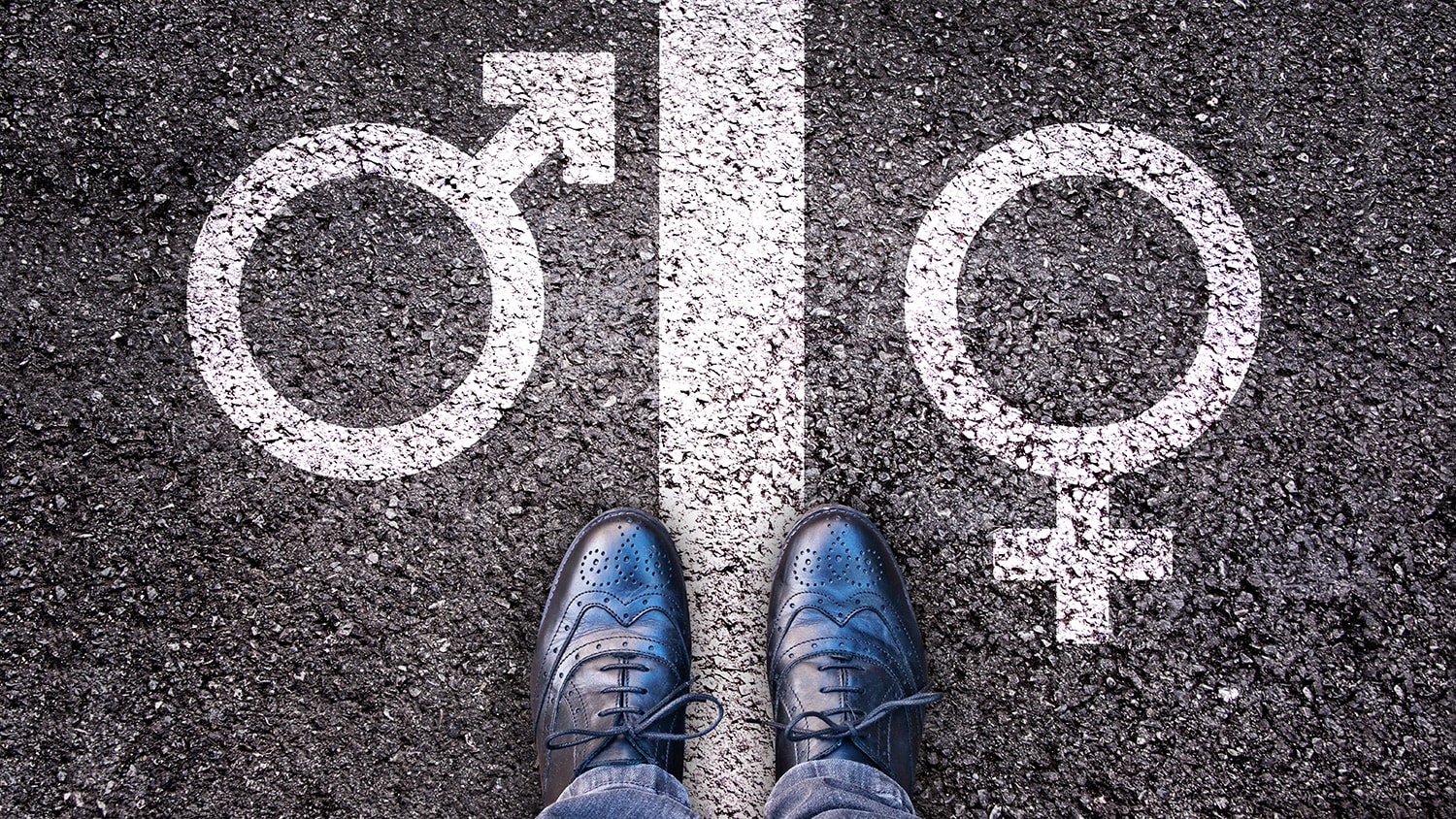
Should ‘gender critical’ views be protected by law?
The UK’s equality watchdog, the Equality and Human Rights Commission (EHRC), is reported to have said that people with anti-transgender, 'gender critical' views should be protected by equalities law.
The statement follows a landmark case about trans rights, in which tax researcher Maya Forstater took her former employer, the Center for Global Development (CGD), to an Employment Tribunal in 2019 after her contract was not renewed. She claimed she been discriminated against because of her 'gender critical' views, which upset colleagues.
Forstater lost her Employment Tribunal in 2019; the ruling stated that her 'gender critical' views didn’t qualify as a protected belief because they degrade the rights of trans people. Forstater appealed this ruling at the Employment Appeals Tribunal.
The Tribunal’s verdict will determine whether it becomes legal for people with such beliefs to deadname and misgender trans people in the workplace.
Jane Russell of CGD argued:
“This case is about the rights of workers, including trans workers, who will never be safe in the workplace again if this appeal is allowed.”
The EHRC is reported to have backed Forstater in her bid to have her 'gender critical' views established as a protected belief under the Equality Act.
A spokesperson for the equality watchdog told PinkNews:
“This case raises important legal questions about how a person’s strongly held beliefs are protected in law, which have been largely untested and need clarifying. We believe that it is important that our courts and tribunals continue to robustly protect freedom of religion or belief. This can include highly contested beliefs and is demonstrated by the consistent domestic and European Court of Human Rights case law acknowledging the right to protection of religious views that homosexuality is contrary to God’s will and sinful.”
The spokesperson added:
“We are concerned that a contrary ruling by the Employment Appeal Tribunal could leave people unprotected from discrimination and harassment and could result in a restriction of people’s freedom of speech on debates concerning transgender rights, Gender Recognition Act reform and definitions of ‘woman’ and ‘man’.”
Maya Forstater is said to hold the 'gender critical' opinion that there are only two sexes, male and female, and that it is not possible to change sex. Dismissing this view, Russell told the court that the Gender Recognition Act (GRA), which was enacted in 2004, is a “legal provision [that] allows a change in sex”.
Russell said:
"Where a full Gender Recognition Certificate is issued to a person, the person’s gender becomes for all purposes the acquired gender – so that if the acquired gender is the male gender, the person’s sex becomes that of a man.”
According to Pink News, the EHRC spokesperson confirmed that it still holds the position that legal sex can be changed. They said:
“In UK law, ‘sex’ is understood as binary, with a person’s legal sex being determined by what is recorded on their birth certificate. A trans person can change their legal sex by obtaining a GRC. A trans person who does not have a GRC retains the sex recorded on their birth certificate for legal purposes.”
Explaining the EHRC’s position on 'gender critical' beliefs, the spokesperson continued:
“There is a difference between holding a belief and how that belief is manifested. This does not mean that actions such as misgendering trans people, or comments made based on such beliefs are free from consequences or that views should be left unchallenged.
“In this appeal we are not taking a position on whether the decision to not renew Maya Forstater’s contract was lawful or unlawful, rather we are intervening in the case to submit that her beliefs are protected by the Equality Act and by Human Rights law.”







